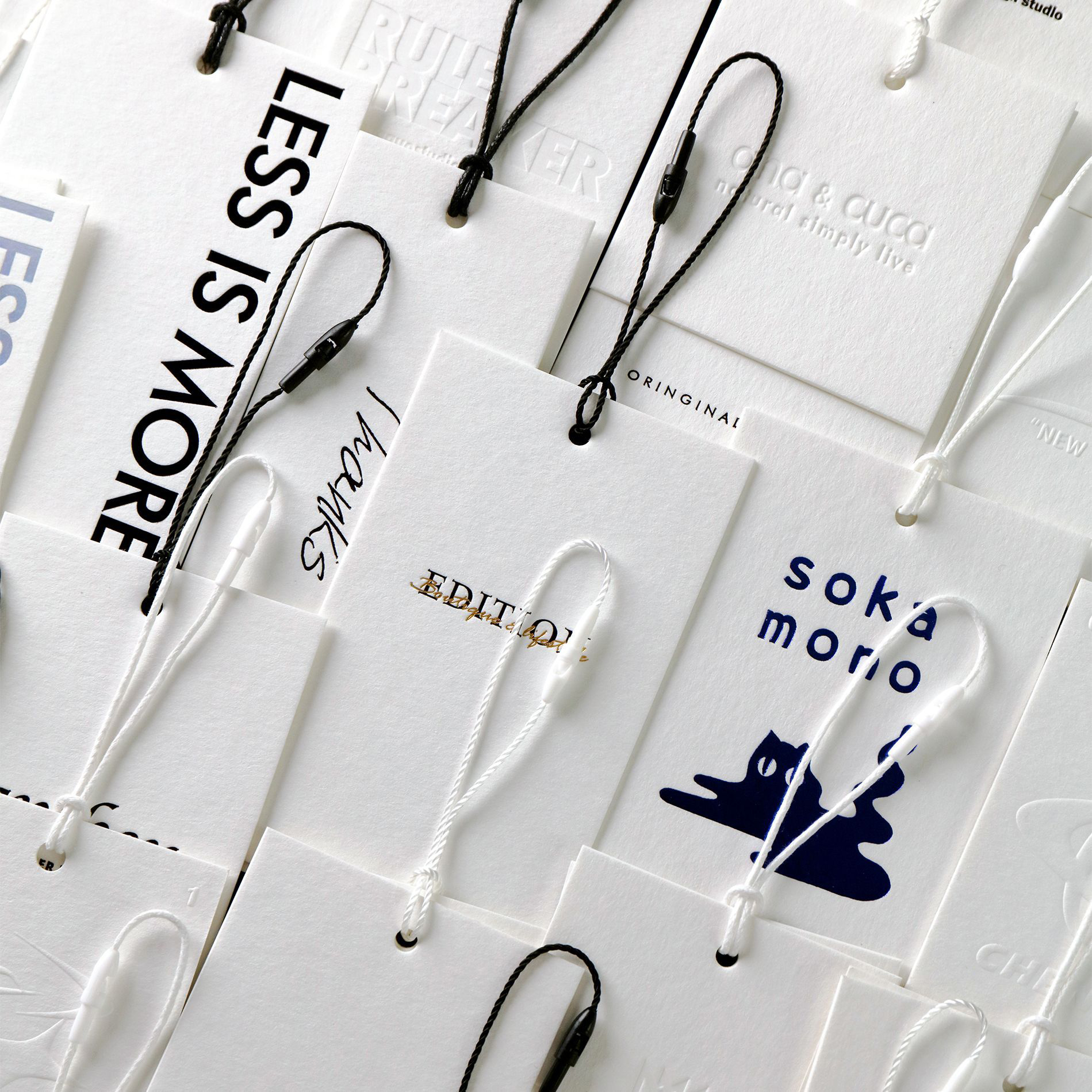Clothing tags play a crucial role in branding and providing essential information about garments, such as size, care instructions, and material composition. Whether you’re a clothing manufacturer or a retailer, ensuring that these tags are durable and presentable is key to maintaining a professional image. One question that often arises is whether clothing tags need lamination.For this reason, it can be speculated that clothing label manufacturer The market feedback will get better and better, which is one of the important reasons why it can develop. https://zxgarmentaccessories.com/
Why Consider Lamination for Clothing Tags?
Lamination involves applying a thin layer of plastic film over the surface of the clothing tag. This process offers several benefits:
1.Durability: Laminated tags are more resistant to wear and tear, which is especially important for tags that will be handled frequently in retail environments or subjected to washing.
2.Water Resistance: Lamination adds a layer of protection against moisture. This is crucial if the tags will be exposed to water or high humidity, as it prevents the ink from smudging or the paper from deteriorating.
3.Enhanced Appearance: A laminated tag often has a glossy or matte finish, which can make the design and colors more vibrant. This can help to attract attention and enhance the perceived value of the clothing.
4.Protection from Stains and Dirt: Lamination acts as a barrier against stains, fingerprints, and dirt, keeping the tags looking clean and professional throughout their lifespan.
When Lamination Might Not Be Necessary
While lamination has its benefits, there are also situations where it might not be necessary:
1.Cost Considerations: Lamination adds an extra step in the manufacturing process, which can increase costs. If you’re producing a large volume of tags or working with a tight budget, this might be a factor to consider.
2.Environmental Impact: Lamination involves the use of plastic, which can have environmental implications. If sustainability is a priority, you may want to consider alternative methods to enhance tag durability, such as using thicker paper stock or environmentally-friendly coatings.
3.Design Preferences: Some brands prefer a more natural or eco-friendly look, where an unlaminated, matte finish aligns better with their brand identity. In such cases, the aesthetic value might outweigh the practical benefits of lamination.